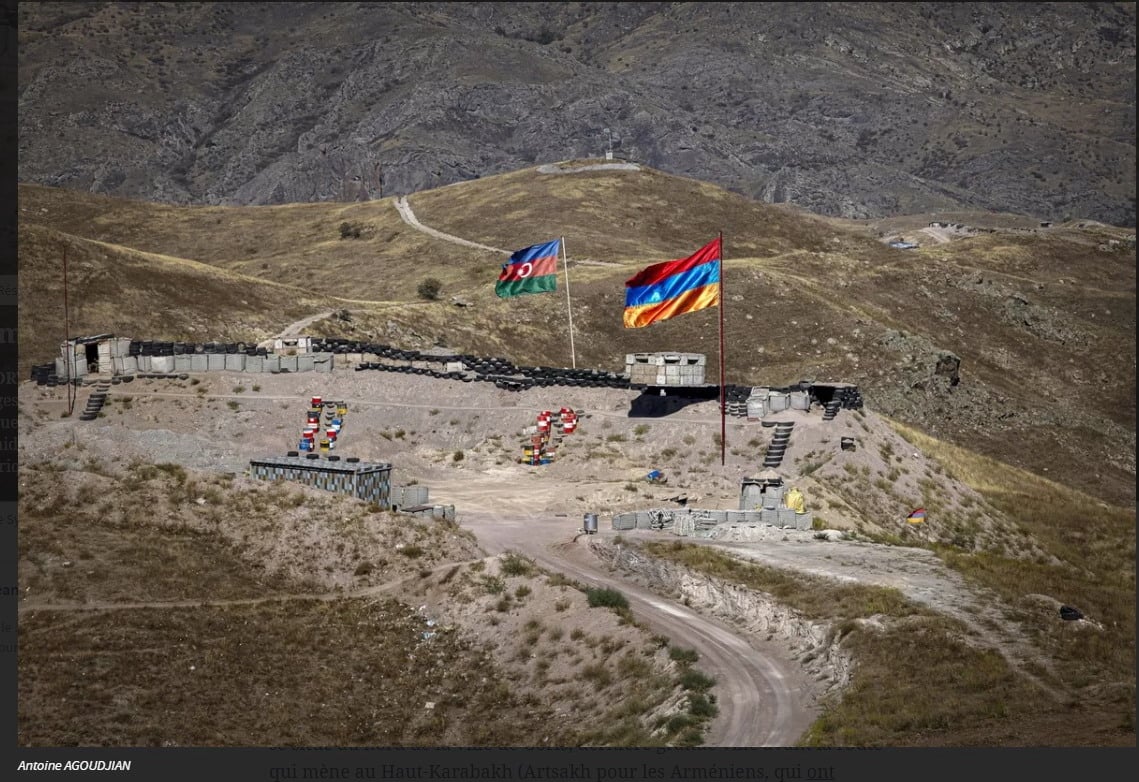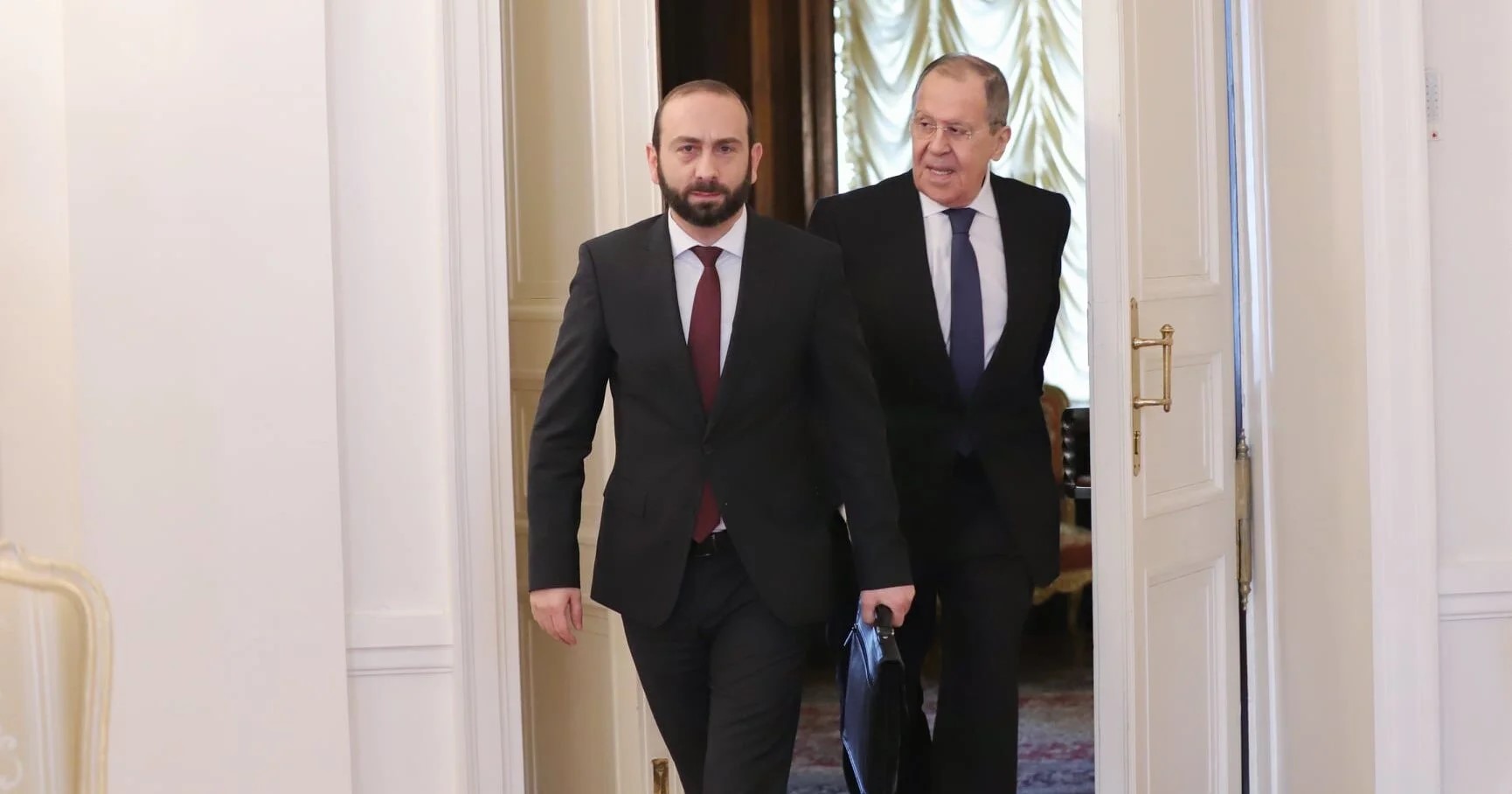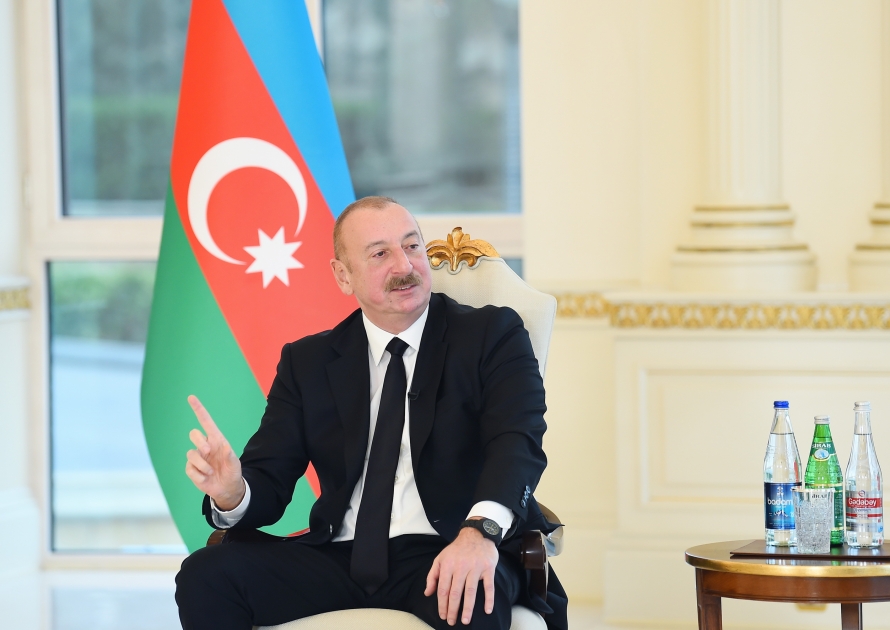Why did Baku and Moscow recall the trilateral statement with Yerevan? Opinion
“Zangezur corridor” for Baku and Moscow
In the Armenian expert community, discussions are underway regarding statements made after the recent meeting between Putin and Aliyev. Local analysts claim that the “parallel statements” from Baku and Moscow following the meeting did not come as a surprise to them. These statements referred to the November 2020 trilateral statement that ended the war in Karabakh. Both countries again discussed the demand for Armenia to provide a route through its territory to connect Azerbaijan with its exclave, Nakhchivan. The Azerbaijani side refers to it as the “Zangezur Corridor,” which Armenia sees as an encroachment on its sovereign territories.
Armenian authorities have repeatedly stated that they are ready to unblock communications and provide various routes for Azerbaijan to connect with its exclave, but with the retention of control over its territory. The Armenian Ministry of Foreign Affairs has explained that the term “corridor” implies a loss of sovereign rights, which Armenia will not accept under any circumstances. At the same time, Russia claims that it will control this road through Armenian territory.
What is said in the statement referenced by Moscow and Baku, what statements were made by Russia and Azerbaijan, and the opinion of an Armenian expert.
- “The border demarcation process with Azerbaijan is an adventure.” Opinion from Yerevan
- Is Armenia making unilateral concessions? Yerevan and Baku agree on border delimitation
- ‘Moscow knows the fire will be lit not in Yerevan, but in Baku’ – Armenian analysts
The document does not mention a “corridor”
The trilateral statement adopted on the night of November 10, 2020 states:
“The Republic of Armenia provides transport communication between the western regions of the Republic of Azerbaijan and the Nakhchivan Autonomous Republic in order to organize unhindered movement of citizens, vehicles, and cargo in both directions. Control over the transport communication is carried out by the border authorities of the Russian Federal Security Service (FSB).”
Armenian authorities and experts emphasize that there is no mention of a corridor in this text.
The prime minister of the country continues to assure that Armenia is ready to provide the road, but it must be under its jurisdiction. Mention of Russian border guards, according to him, does not mean transferring control over the territory to another country, as claimed by Baku and Moscow.
As early as November 2022, prime minister Nikol Pashinyan announced that he was ready to present a draft government resolution on the establishment of checkpoints on the Armenian-Azerbaijani border:
“As soon as the decision comes into force, Azerbaijan will be able to communicate with Nakhchivan via Armenian roads. This decision has not been enacted for one reason: Azerbaijan does not want it. This means that Armenia fully fulfills its obligations, and Azerbaijan does not want to take advantage of this opportunity.”
In Armenia, there is a discussion about whether the document from 2020 can be considered valid
Aliyev’s visit to Moscow at Putin’s invitation took place on April 22. According to official information, the leaders discussed issues related to the situation in the region.
After this meeting, Moscow and Baku began actively discussing the status of the trilateral statement on providing land communication between Nakhchivan and Azerbaijan. The Russian Ministry of Foreign Affairs emphasized the need to continue efforts to implement the agreements reached trilaterally, particularly the unblocking of transportation communications in the region.
During an international forum on the topic of “Sustainable Development Goals 29 and Green Vision for Azerbaijan,” the president of Azerbaijan extensively commented on the situation regarding the “Zangezur Corridor.” Aliyev stated that while the text of the statement does not mention it, there should be established transport communication between the eastern part of Azerbaijan and Nakhchivan, with control ensured by Russian border forces:
“For more than three years, Armenia has violated this provision. And again, they signed it themselves and now want to get rid of this point, but it’s impossible.”
During her weekly briefing, Russian Foreign Ministry spokesperson Maria Zakharova also touched on this topic. She emphasized that the trilateral statement continues to be in effect:
“You know, the complex of trilateral agreements between the leaders of Russia, Azerbaijan, and Armenia remains relevant. None of the parties has officially disavowed these agreements.”
Meanwhile, in Armenia’s expert community, there has long been a discussion about whether this document can be considered valid. Some analysts suggest that the authorities annul their signature under this document. The main argument for this is the fact that “the other two parties who signed it have not fulfilled their obligations but continue to demand the fulfillment of certain provisions from Armenia.”
Commentary
Political analyst Manvel Gumashyan suggests paying attention not only to the content of statements but also to the sequence of events. He reminds that on the eve of the meeting with Putin, Aliyev had a phone conversation with US Secretary of State Blinken. After that, the president of Azerbaijan agreed to recognize Armenia’s borders according to the Alma-Ata Declaration. This means recognizing the Armenian-Azerbaijani border at the time of the USSR’s dissolution.
“What could he say after the meeting in Moscow? It’s clear that he had to make a gesture towards Russia. Aliyev is now bound hand and foot, he is in a very difficult situation. On one hand, Russia is pressing on him, on the other hand, the West. Therefore, these statements should not be taken seriously. For example, if negotiations take place in the West now, he will behave differently. But he went to Moscow, especially since this happened after the withdrawal of Russian peacekeeping forces from Azerbaijan. It’s clear that he had to try to please Putin,” Gumashyan said.
He emphasized that “countries that have not themselves fulfilled the provisions of the trilateral statement talk about respecting it and adhering to its prescriptions.”
To confirm his point, the political analyst recalls, among other things, the blockade of the Lachin corridor, the unhindered movement through which Azerbaijan was supposed to ensure.
He is confident that both in Baku and Moscow, to a large extent, they understand that the November statement “has outlived itself, it is practically no longer there.” According to the expert, this is evidenced by the fact that the Russian military, who were stationed in southern Armenia in Goris, apparently to ensure control in the “corridor,” have scaled back their presence. And this is happening despite Russia’s interest in maintaining its positions in the South Caucasus. Control over this road becomes increasingly relevant for Russia against the backdrop of Western sanctions.





















